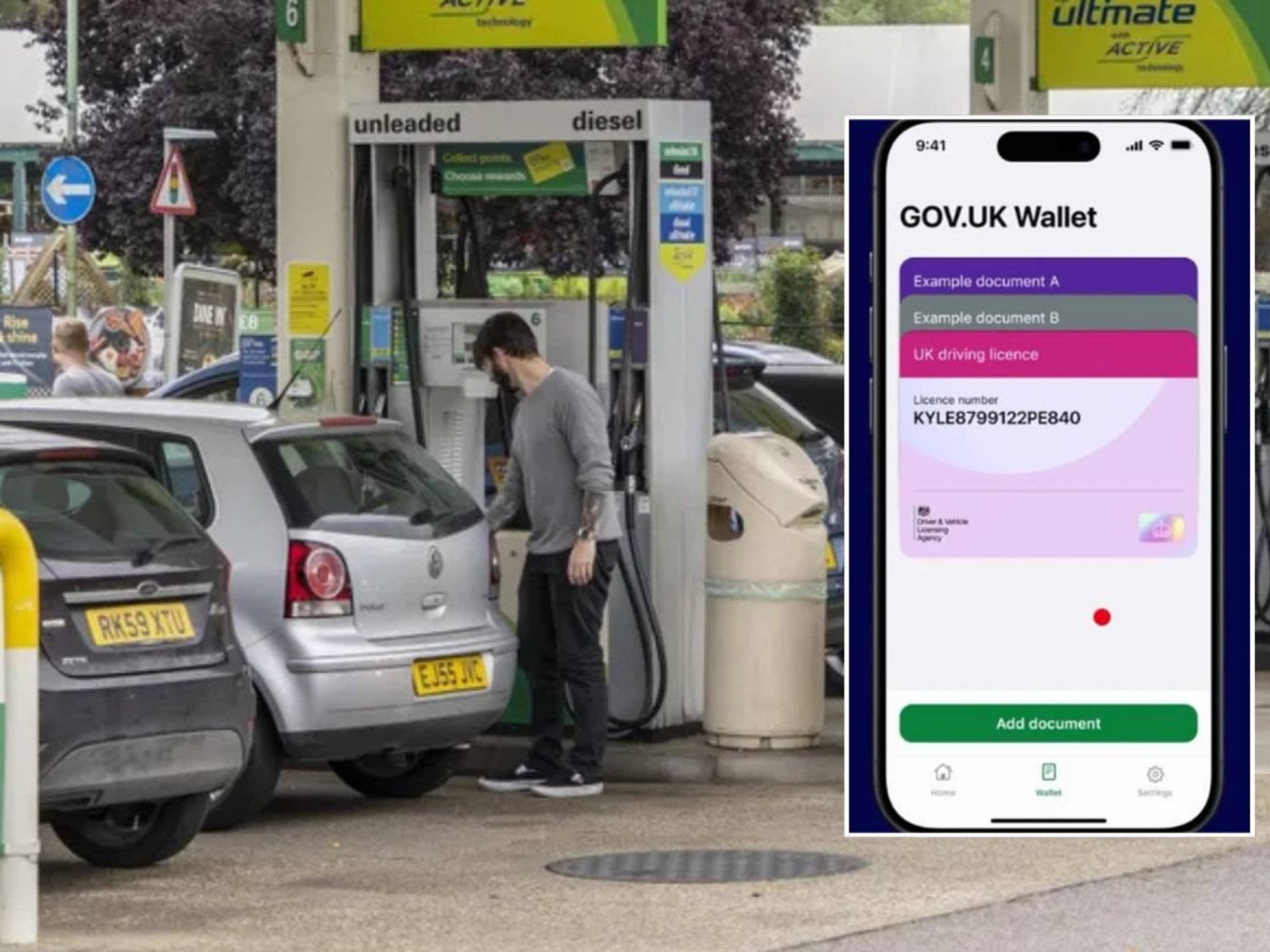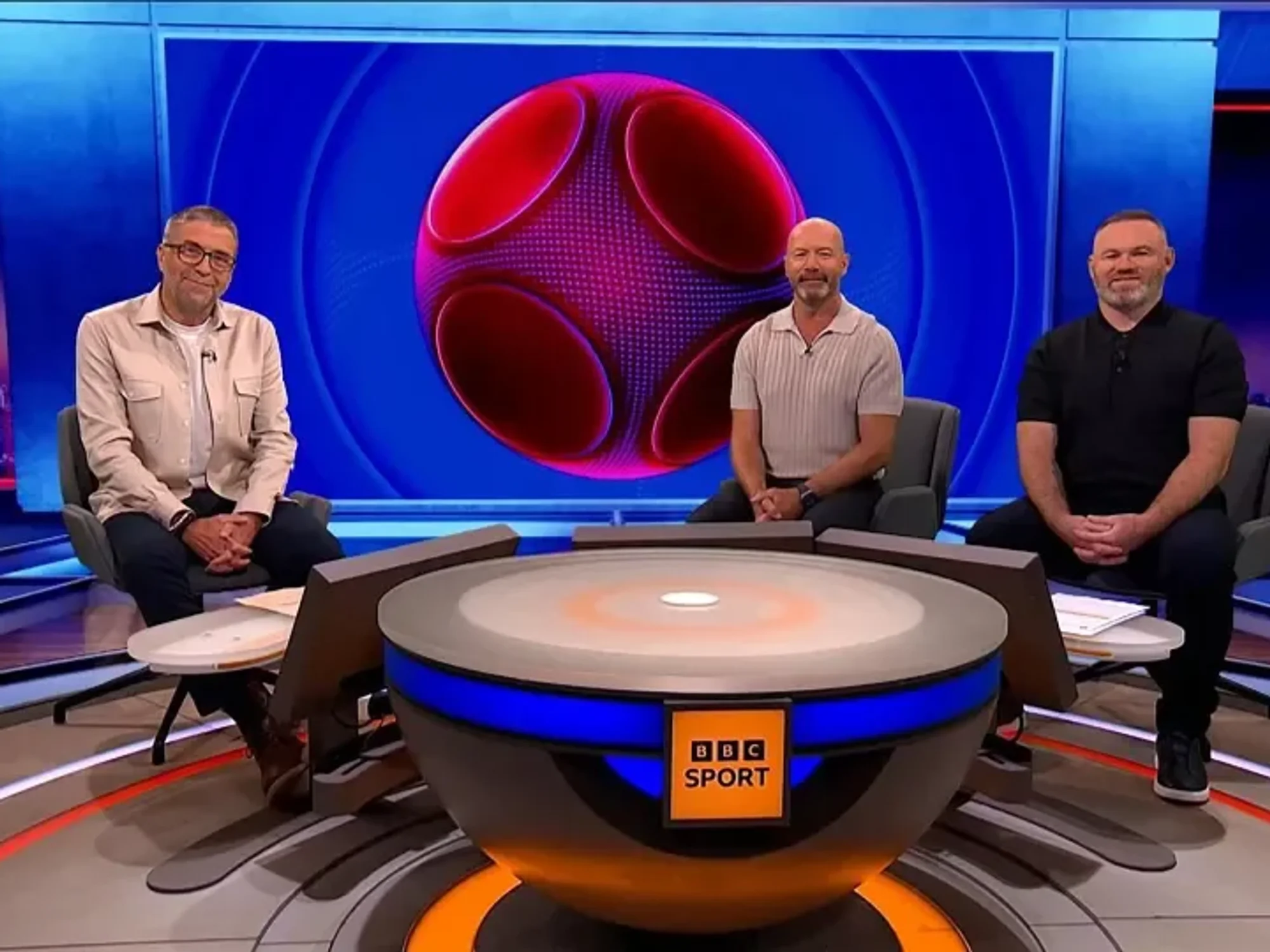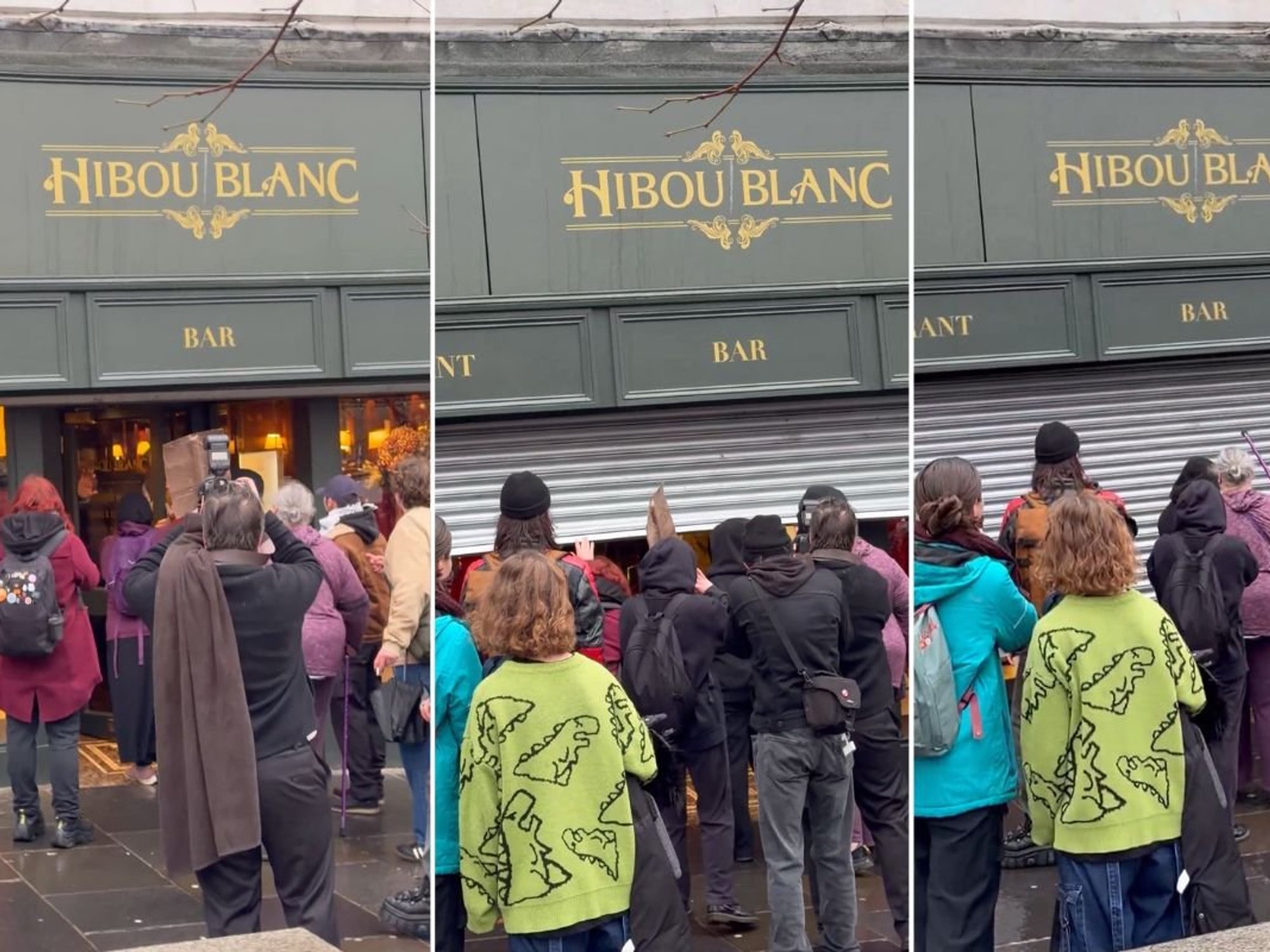Are Labour bluffing? Notice a crucial detail is missing from all these fantasy trade deals - John Redwood
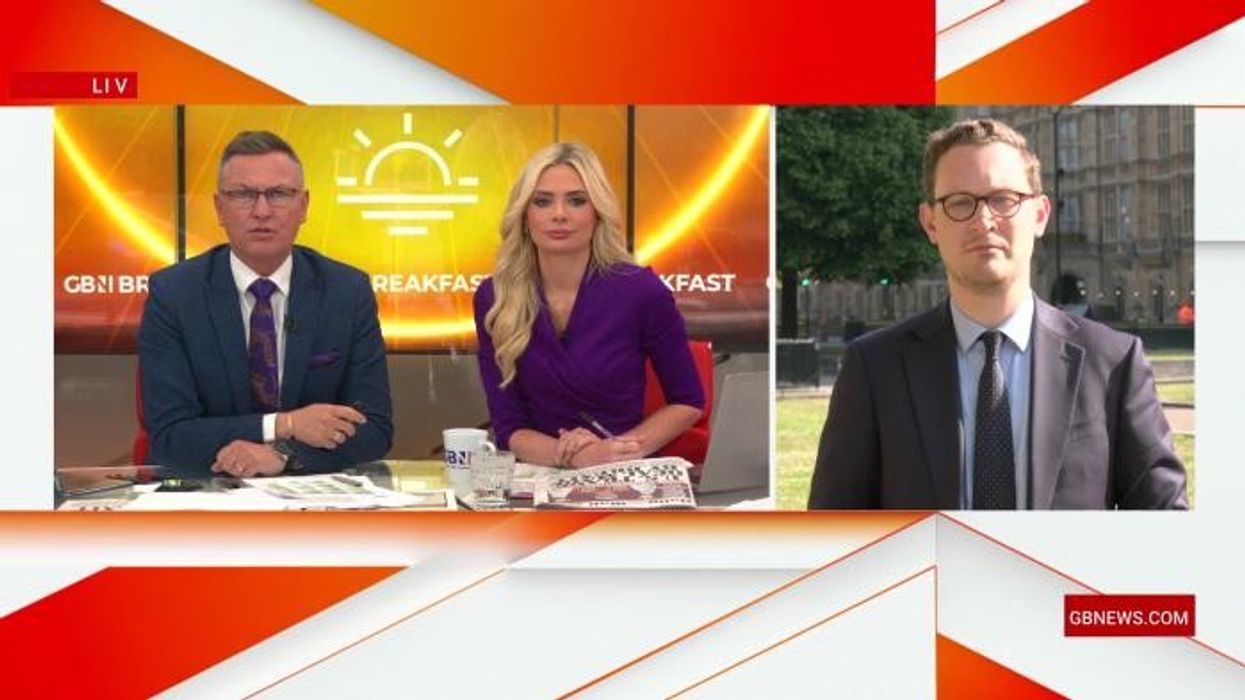
GB

OPINION: Where is the full text of these much-vaunted agreements? What do they actually say?
Don't Miss
Most Read
Trending on GB News
Can you believe what this Government says? When a senior Minister tells us that most of the people coming in small boats are women and children? When the Chancellor said her big tax increases in her first budget had stabilised the economy and would mean no need for more tax rises next time?
How about their often-repeated statement that they have done three trade deals that will boost growth? They boast that they have improved our ability to sell to the EU and seen off the Trump tariffs to help our US trade. So, where is the text of these agreements? What do they actually say?
We should be suspicious of these claims when there is no agreed-upon text. The talks with the EU were talks about talks. The UK offered in principle to accept EU laws and rules on food and farming.
It offered to pay money to the EU to help them enforce these laws on us. It agreed to talk about welcoming many more younger people to study and work here. It offered to give away large quantities of our fish to EU vessels for many years.
When it came to what we would get in return, the government was offered talks to sort out some possible easements for the UK to export food to the EU, to be matched by making it easier for them to sell to us.
They sell us much more than we sell them already. Further relaxations are likely to help them more. The UK wanted easier rules to help UK musicians visit and perform on the continent, but nothing specific was offered by the EU.
In other words, the UK offered up our fish and our independent law-making to get more talks on some very modest possible trade improvements which would help both parties. Today, there is no improved trade deal, no text, no amendment to our EU Treaty requiring legislation for Parliament to scrutinise.
The UK needs to make clear to the EU that nothing is agreed until everything is agreed. That is a wise mantra the EU used to insist on. No fish, no new laws without some compelling gains for the UK embedded in enforceable Treaty amendments.
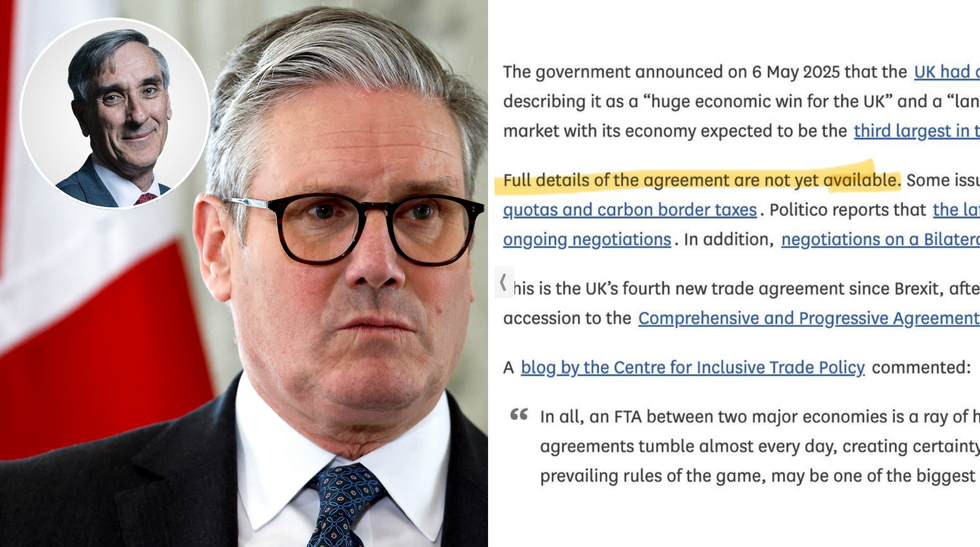
Are Labour bluffing? Notice a crucial detail is missing from all these fantasy trade deals - John Redwood
|Getty Images/Parliament
The US talks went better than the pathetic giveaways to the EU. The headline agreement exempted the UK from the US super tariffs on steel and on our current volume of car exports.
It cut some high UK tariffs on US food and ethanol. It was more balanced and clearly helpful to trade and to consumers. So, where is the text of this agreement? This week, we hear there is a different, slimmed-down trade deal, with nothing agreed on steel after all.
On steel, will the US accept the super tariff exemption for steel coming from a Chinese-owned maker, as Scunthorpe steel still is? Will they accept high levels of state subsidy, as our industry now enjoys?
All that apparently was not sorted out. Are there any limitations on the freedom from extra tariffs for the approved quota of car exports? How are the easements for US meat products phrased, as the UK says it will still keep out hormone beef and chlorine-washed chicken?
The US deal could prove to be an important exemption from higher US tariffs, but it needs to be published with all the details. Important parts of the original deal described by Ministers still need negotiating. Without seeing a text, traders remain unsure from day to day what they are allowed to do and what tariff or tax will be imposed on them and their customers.
The EU deal on what has been said so far is a mad UK give away in search of a fig leaf of gain to try to cover over such a bad negotiation. Never in the field of poor UK negotiations with the EU has so much been given away for so little in return.
The UK has paid through the nose for expensive further talks. The EU lawyers will be bashing their keyboards to try to lock in their gains whilst avoiding any compensating concessions.
We also await the text of the Indian trade deal. This had been negotiated in a more normal way, with most of the work done by the previous government. We can read an account of what the final document should say. We still need to see the legal text and embed it in our trading laws before there can be any boost from it.
Trade deals can provide a modest boost to both exports and imports. We have high levels of trade already, thanks to the low and no tariffs our membership of the World Trade Organisation imposes on us and all our main trading partners. Because they boost imports as well as exports, the impact of a trade agreement on GDP is usually small. We may sell more cars to the US than with higher tariffs, but they will sell more ethanol to us, hitting UK producers.
If all went well with the fantasy trade deals the UK government conjures in its words, it would add little to growth. Without an agreed text, it will add nothing.
The rush to claim a deal could be undermined by trying to get an agreed-upon legal text. The eventual legal text may reveal bad news for the UK, which so far has been hidden by spin. A Government struggling to be believed needs to publish more.
A Government that does dreadful deals like the big Chagos give away for claimed legal reasons always needs to negotiate and publish a watertight legal text. Can the government lawyers be on our side?








